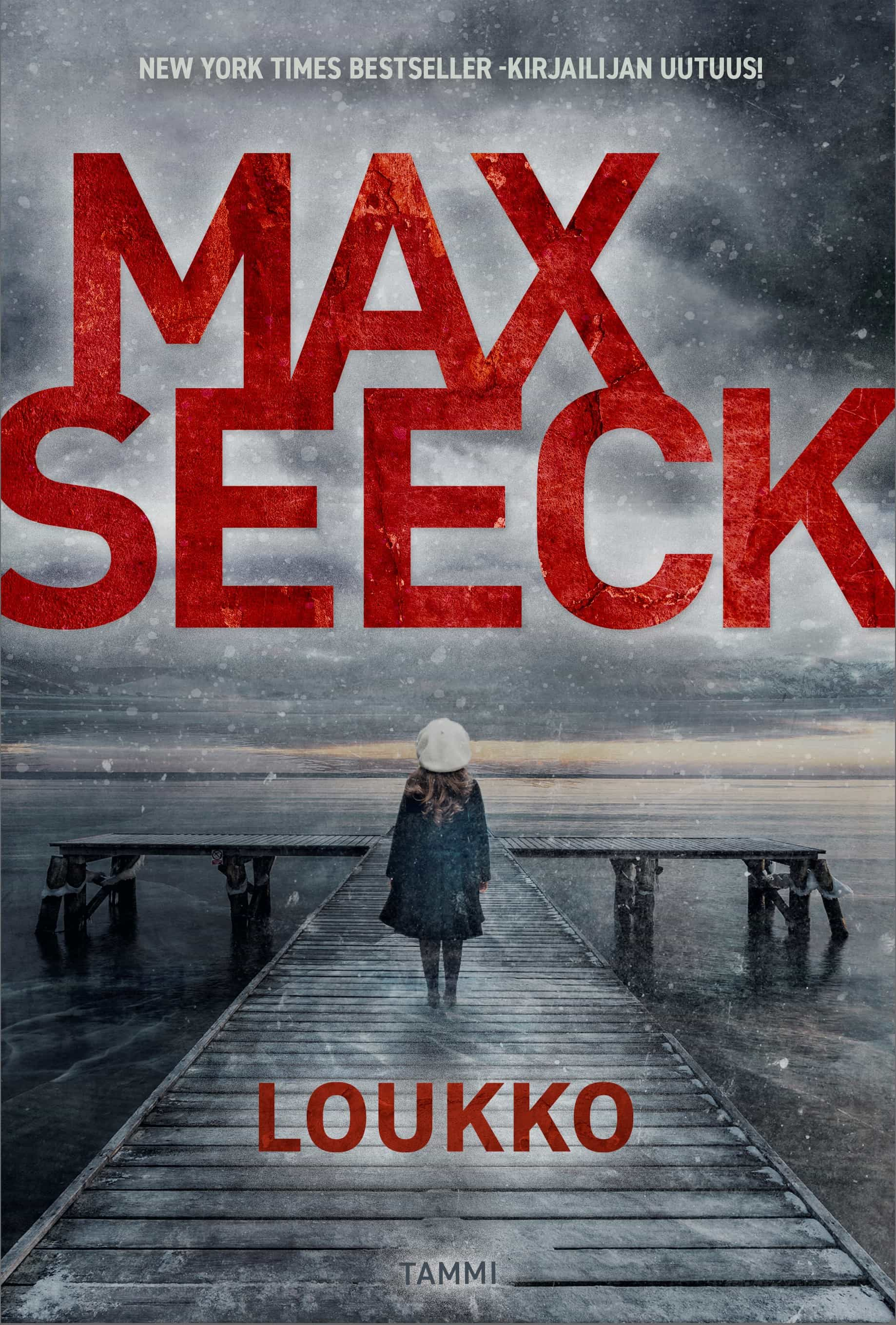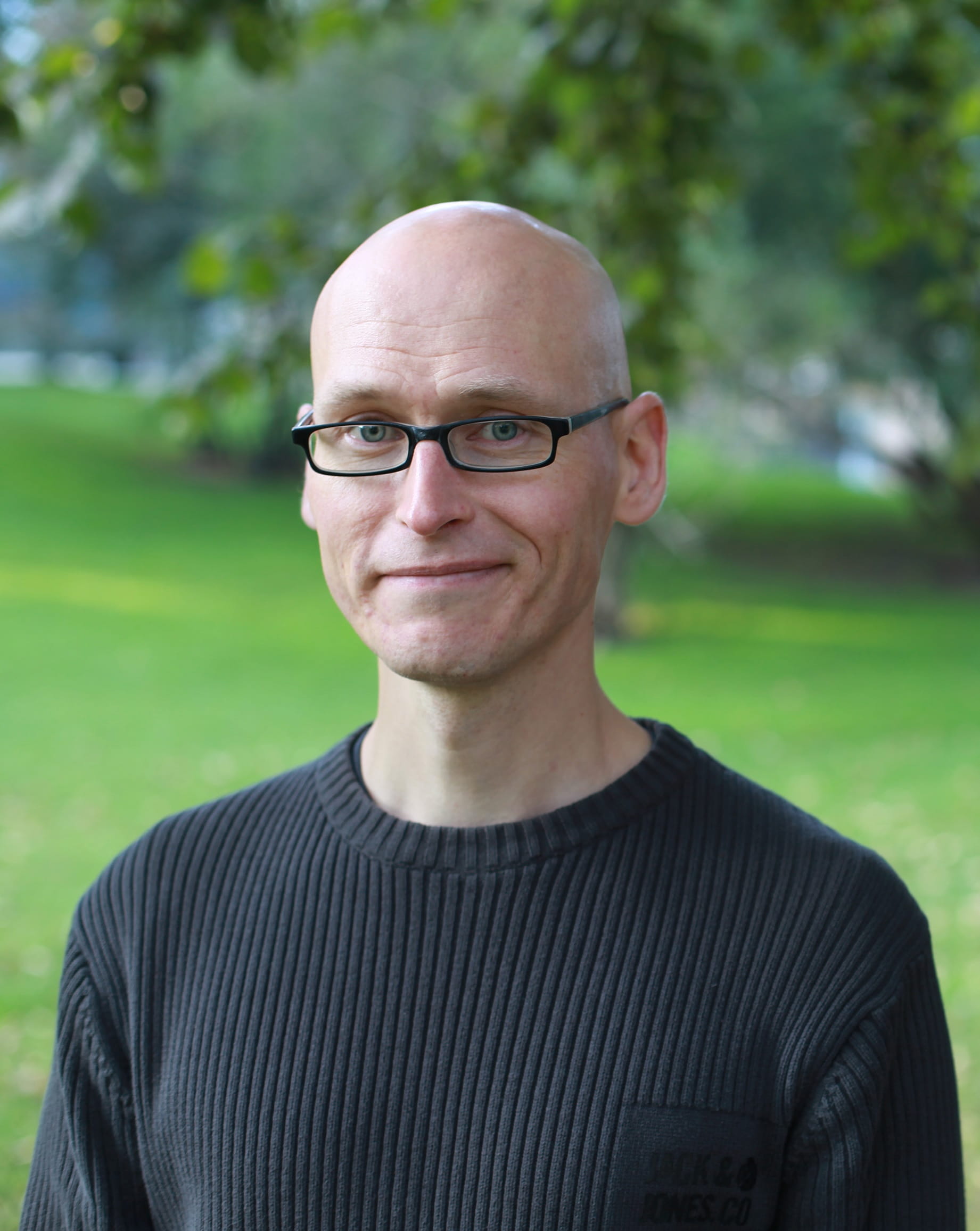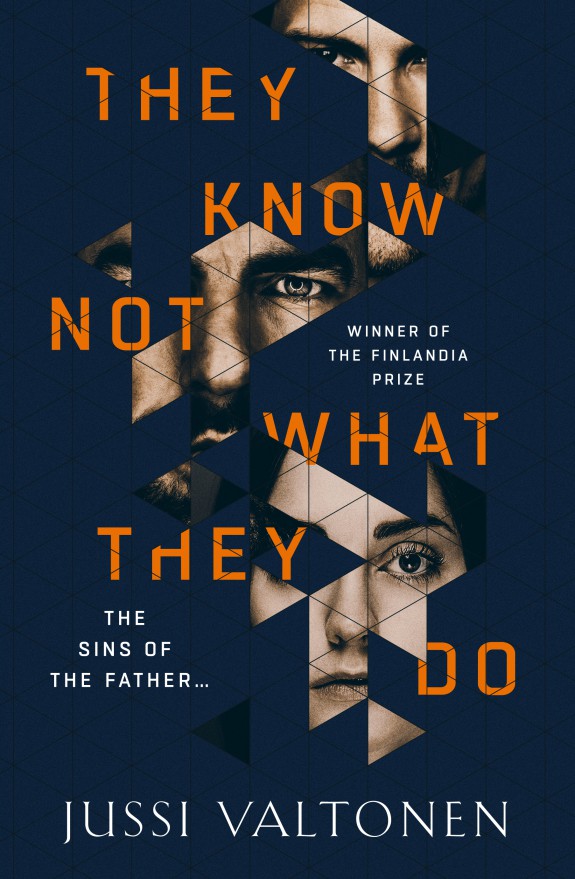 Jussi Valtonen’s They Know Not What They Do (Tammi 2014), winner of the 2014 Finlandia Prize, has drawn accolades from both Finnish critics and international publishers and stayed at the top of Finland’s bestseller lists for several months. It has been a bona fide literary phenomenon with about 100,000 copies sold.
Jussi Valtonen’s They Know Not What They Do (Tammi 2014), winner of the 2014 Finlandia Prize, has drawn accolades from both Finnish critics and international publishers and stayed at the top of Finland’s bestseller lists for several months. It has been a bona fide literary phenomenon with about 100,000 copies sold.
Rights have been sold in the World English territories to Oneworld Publications, in France to Fayard, in Germany to Piper, in the Netherlands to Signatuur/A.W. Bruna and in Poland to Foksal. The Dutch edition will launch in late 2015.
We recently spoke with Valtonen about his runaway success and his inspiration behind They Know Not What They Do, which explores family conflicts, the ethics of science and the search for identity in an impersonal, fragmented and technology-ruled society. The story is told through the eyes of an American neuroscientist, the son he left behind in Finland two decades ago, and his former wife.
Read our interview below!
Q: Your novel has been praised for its ambitious scope. How did the story first form in your mind?
A: My original intention was to write a short story collection: stories about relationships, ideally Alice Munro-esque. But many of the stories I wrote left me feeling vaguely uninspired. I wanted to find out more about the two main characters from the first story I had written – an American man who marries a Finnish woman and moves to Helsinki – but their story already had closure. Once I realized that I could follow their lives separately on two different continents, and that I could jump to a point in time at which their one-year-old son has grown up, the story started to feel like the beginning of a novel.
After this, the initial idea stayed more or less the same: that it would essentially be a novel about a family, and that there would be a connection between the son and the [animal activist] attacks on the father. However, I still had to reconsider many of my initial assumptions. I also read two eye-opening nonfiction books while writing the novel: Green Is the New Red by journalist Will Potter and Anatomy of an Epidemic by science journalist Robert Whitaker. These books made me see our Western society in a light that was very different from my prior attitudes. That experience deeply affected my writing.
Q: Which authors did you grow up reading, and who are some of your favorites now?
A: When I first started writing fiction, I read a lot of contemporary Finnish authors: Raija Siekkinen, Juha Seppälä and Pirkko Saisio had a big impact on me. Jouko Turkka’s story collection Aiheita is one of my favorite books. After living in the US, however, I found myself reading contemporary American writers such as Jennifer Egan and Jonathan Franzen, and being inspired by their ability to tackle societal themes in fiction. Sam Lipsyte and Lorrie Moore are among the smartest and funniest writers I know, and George Saunders is so mind-blowingly good that he seems to almost be in a league of his own. I was also very inspired by Mohsin Hamid’s The Reluctant Fundamentalist and its take on the post-9/11 globe. Among the Russians my favorite has always been Tolstoy, especially in the way he portrays his characters.
Q: How has the Finlandia win changed your life? What has been the most surprising part of this experience?
A: The Finlandia Prize is extremely widely acknowledged in Finland. Receiving so much attention so suddenly has sometimes felt overwhelming. But I’d like to interpret the surge of attention as showing that literary fiction can still occupy a niche in society, despite all our electronic devices and shortening attention spans – that reading a novel is still important for many people. That’s obviously great, but I find that I’m also a little surprised by it.
About They Know Not What They Do:
When professor Joe Chayefski’s neuroscience lab in Baltimore is attacked by animal rights activists, he doesn’t connect the dots at first. But when he receives a phone call from Alina, his Finnish ex-wife, he begins to gradually realize that the threats on his career and new family are connected to Samuel, the son he left behind in Finland two decades ago. Joe soon learns that his son’s life has gone badly astray, and that Samuel has devoted himself to extreme animal rights activism. Joe realizes that he has to take action to protect his wife and two daughters from his estranged son, by any means necessary.
They Know Not What They Do offers readers piercing psychological insight. It is also a dystopian satire of a world in which nothing is private and everything is for sale.
RIGHTS SOLD:
Original publisher: FINLAND, Tammi
FRANCE, Fayard
GERMANY, Piper Verlag
NETHERLANDS, Signatuur/A.W. Bruna
POLAND, Foksal
WORLD ENGLISH, Oneworld Publications
Reading materials:
English sample
English synopsis
Finnish edition
Contact: info@ahlbackagency.com

 Loukko by
Loukko by 
